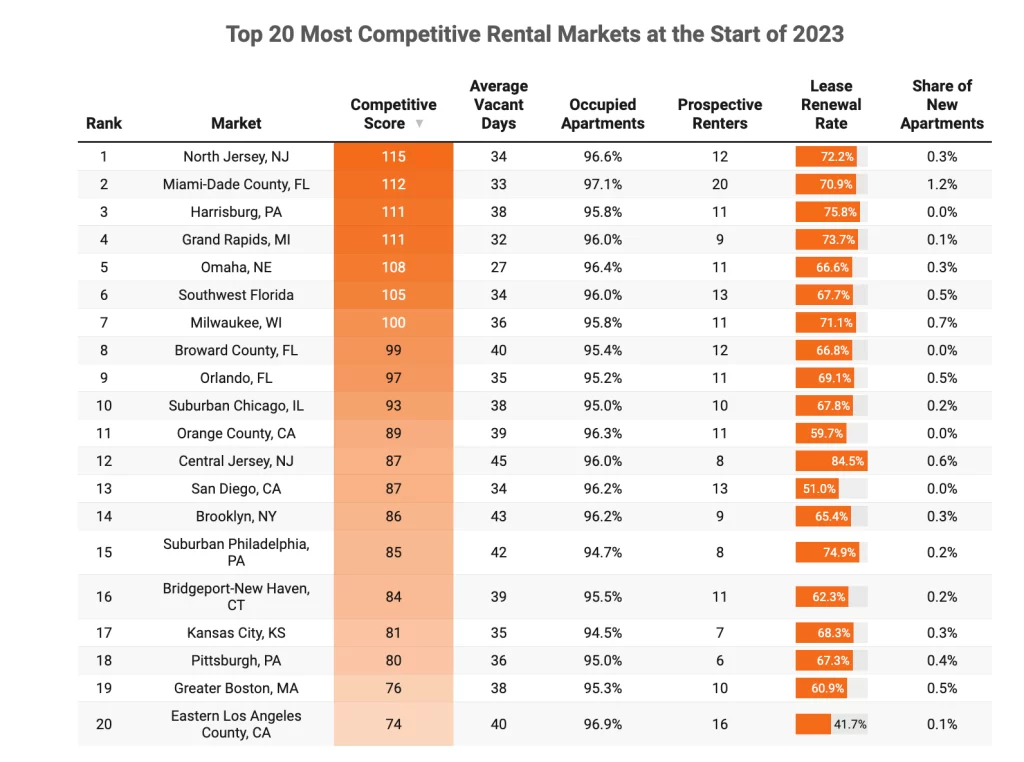From CNBC:
Home prices cool in January, even falling in some cities, S&P Case-Shiller says
Home prices cooled in January, up only 3.8% nationally than they were a year earlier, according to the S&P CoreLogic Case-Shiller U.S. National Home Price NSA Index. That is down from 5.6% in December.
Prices have been falling for seven straight months, but the decline was a bit smaller in January. That was likely due to a brief drop in mortgage rates and a resulting jump in sales.
The 10-city composite rose 2.5% year over year, down from 4.4% in December. The 20-city composite also rose 2.5%, down from 4.6% in the previous month.
Home prices have been cooling due to higher mortgage rates. The average rate on the popular 30-year fixed mortgage set more than a dozen record lows during the first two years of the pandemic, briefly going below 2%, but it grew sharply. Since fall, the rate has been hovering in the high 6% range, although it’s been volatile in recent weeks due to several bank failures and the resulting stress on the overall banking industry.
“Despite this, the Federal Reserve remains focused on its inflation-reduction targets, which suggest that rates may remain elevated in the near-term,” said Craig Lazzara, managing director at S&P DJI, in a release. “Mortgage financing and the prospect of economic weakness are therefore likely to remain a headwind for housing prices for at least the next several months.”
Prices were lower year over year in San Francisco (-7.6%), Seattle (-5.1%), Portland, Oregon (-0.5%) and San Diego (-1.4%). They were flat in Phoenix.
Miami, Tampa and Atlanta again saw the hottest annual price gains of the top 20 cities. Miami prices were up 13.8%, Tampa prices up 10.5%, and Atlanta prices rose 8.4%. All 20 cities, however, reported lower prices in the year ending January 2023 versus the year ending December 2022.

